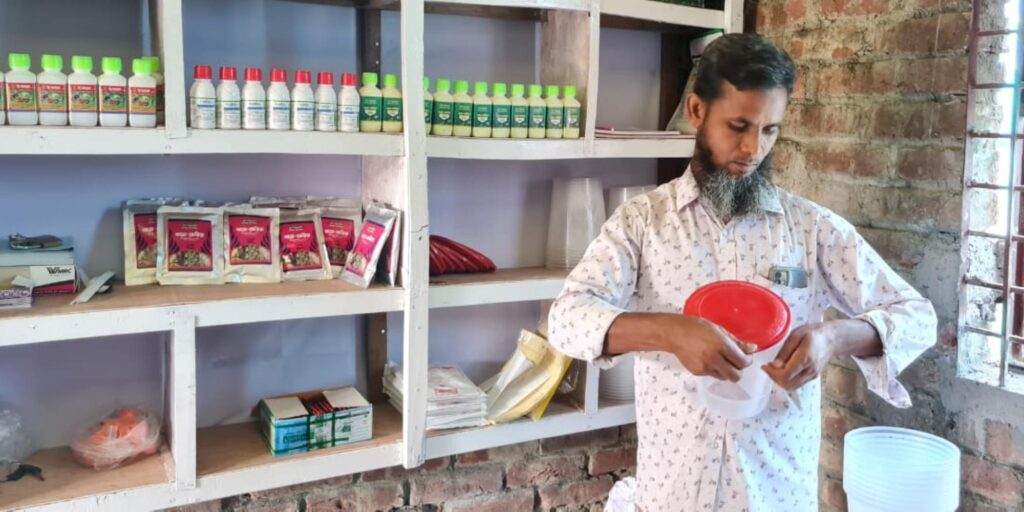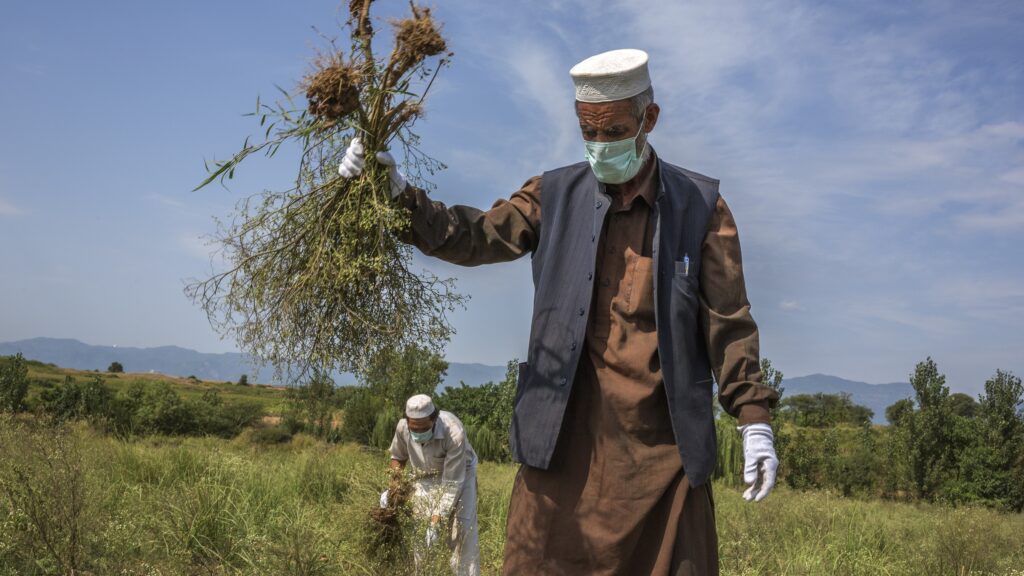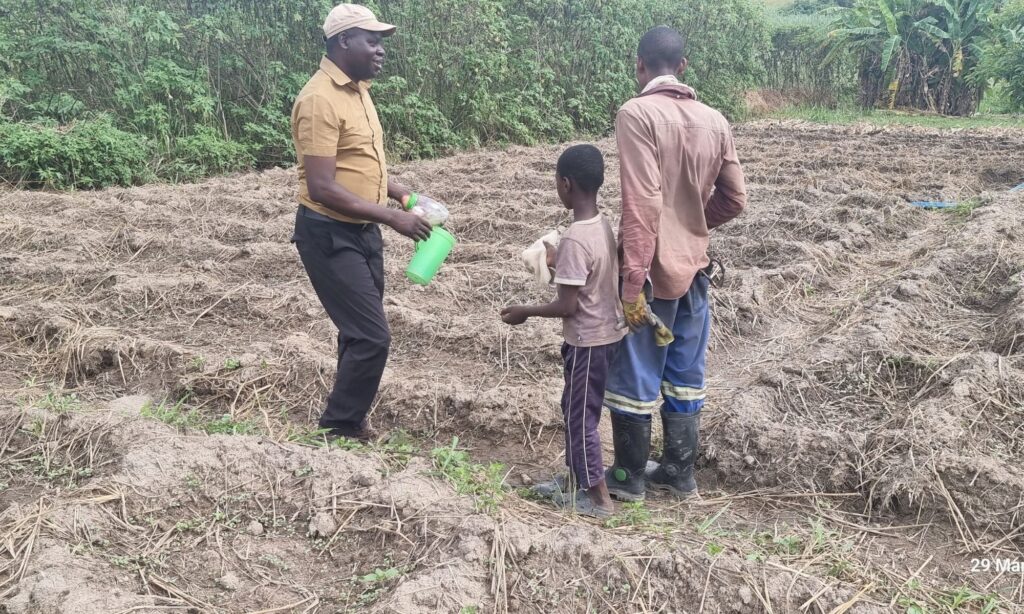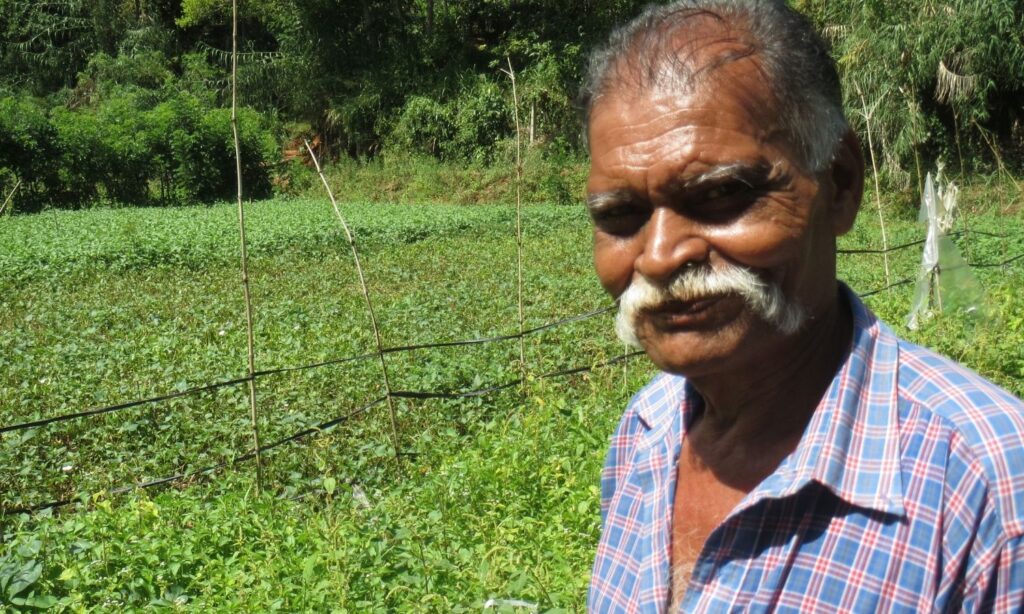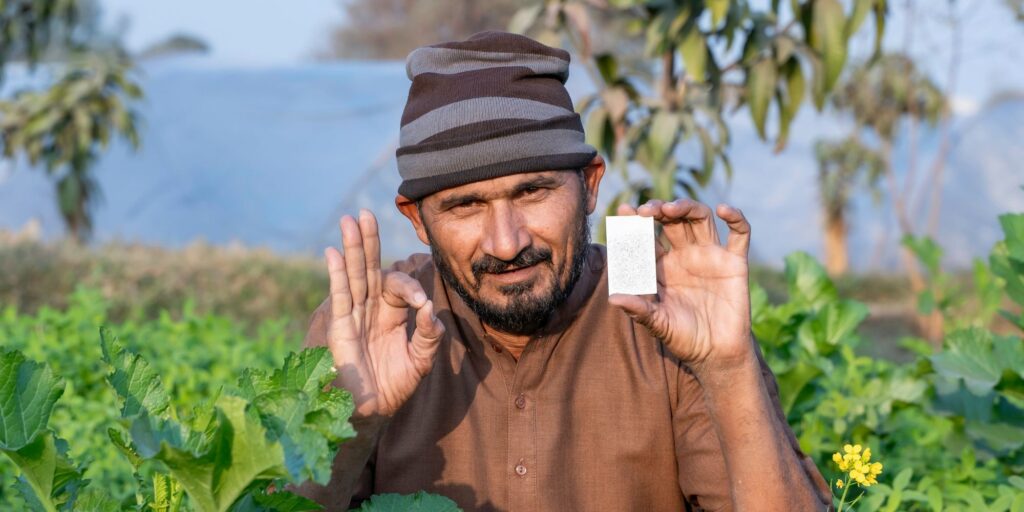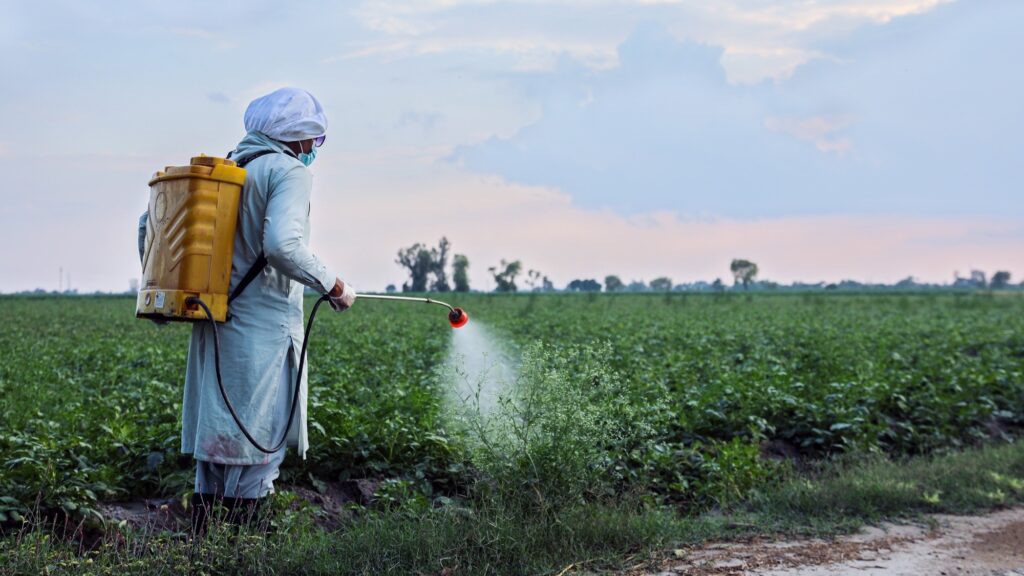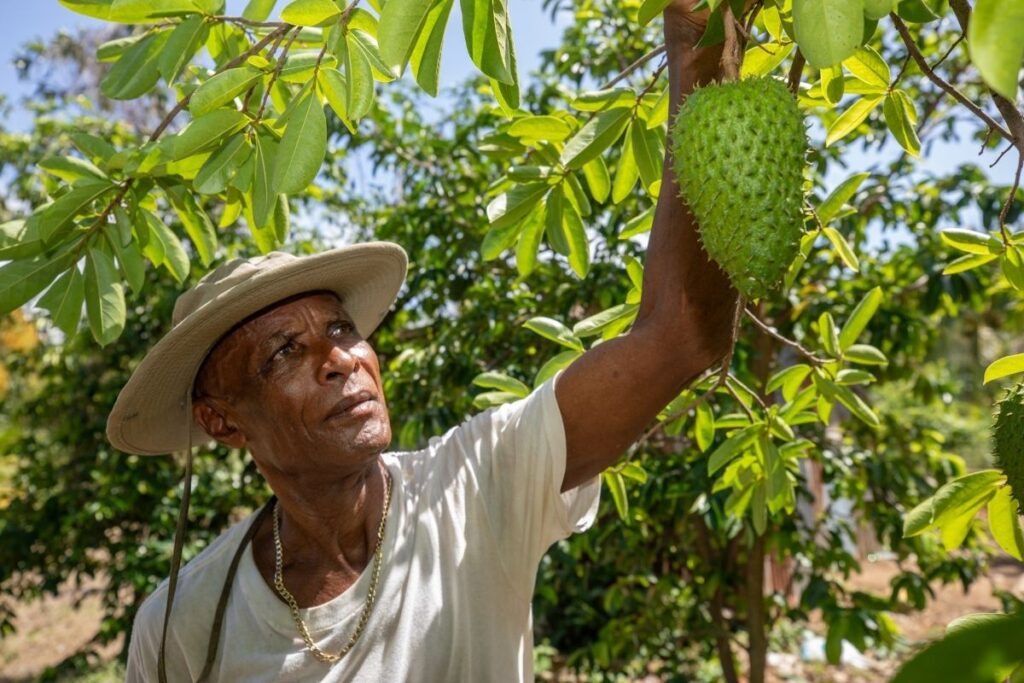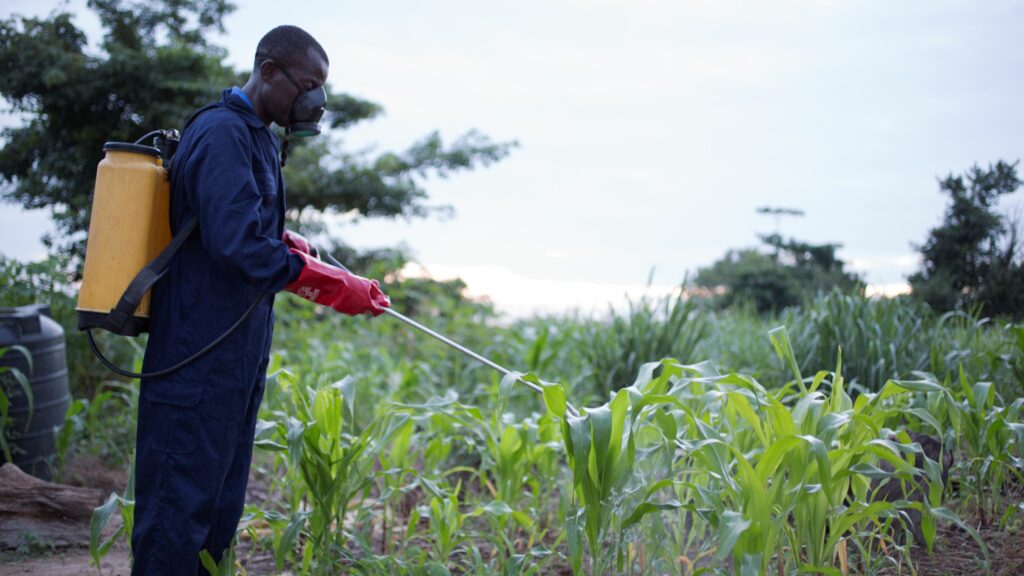PlantwisePlus develops agro-input dealer training scheme with Bangladesh government
Pest outbreaks in Bangladesh are causing a rapid increase in the sale of pesticides. Farmers are turning to chemical products such as fungicides, herbicides and insecticides to manage pests, which they often buy from their local agro-input dealer. However, these chemicals can harm the environment and human health. In Bangladesh, pesticide risks are significant due…
Watch the video: Trichogramma rearing facilities in Pakistan
In the face of increasing pesticide reliance, biological control offers a less harmful, more sustainable alternative to chemical pesticides. Biological control utilizes natural enemies, such as predators, parasitoids, and pathogens, to suppress pest populations. In Pakistan, PlantwisePlus is collaborating with the Pakistani government to rear Trichogramma chilonis, providing farmers with these tiny wasps that control…
Pesticide risk reduction in Pakistan: Building a safer future for farming
Pesticides play a critical role in crop protection, but the overuse and misuse of highly hazardous pesticides (HHPs) pose serious risks to farmers’ health, the environment, and international market access. In recent years, pesticide risk reduction in Pakistan has emerged as a national priority, a trend shared by many countries worldwide. In particular, following trade…
Post-registration pesticide reviews: Experiences, learnings and best practices
CABI’s PlantwisePlus programme recently hosted a regional webinar on strengthening post-registration pesticide reviews. Experts from Kenya, Uganda, and Sweden shared lessons on risk-based frameworks, regulatory digitization, and regional collaboration. The event highlighted global best practices and the need for data-driven, adaptable systems to ensure pesticide safety and compliance.

